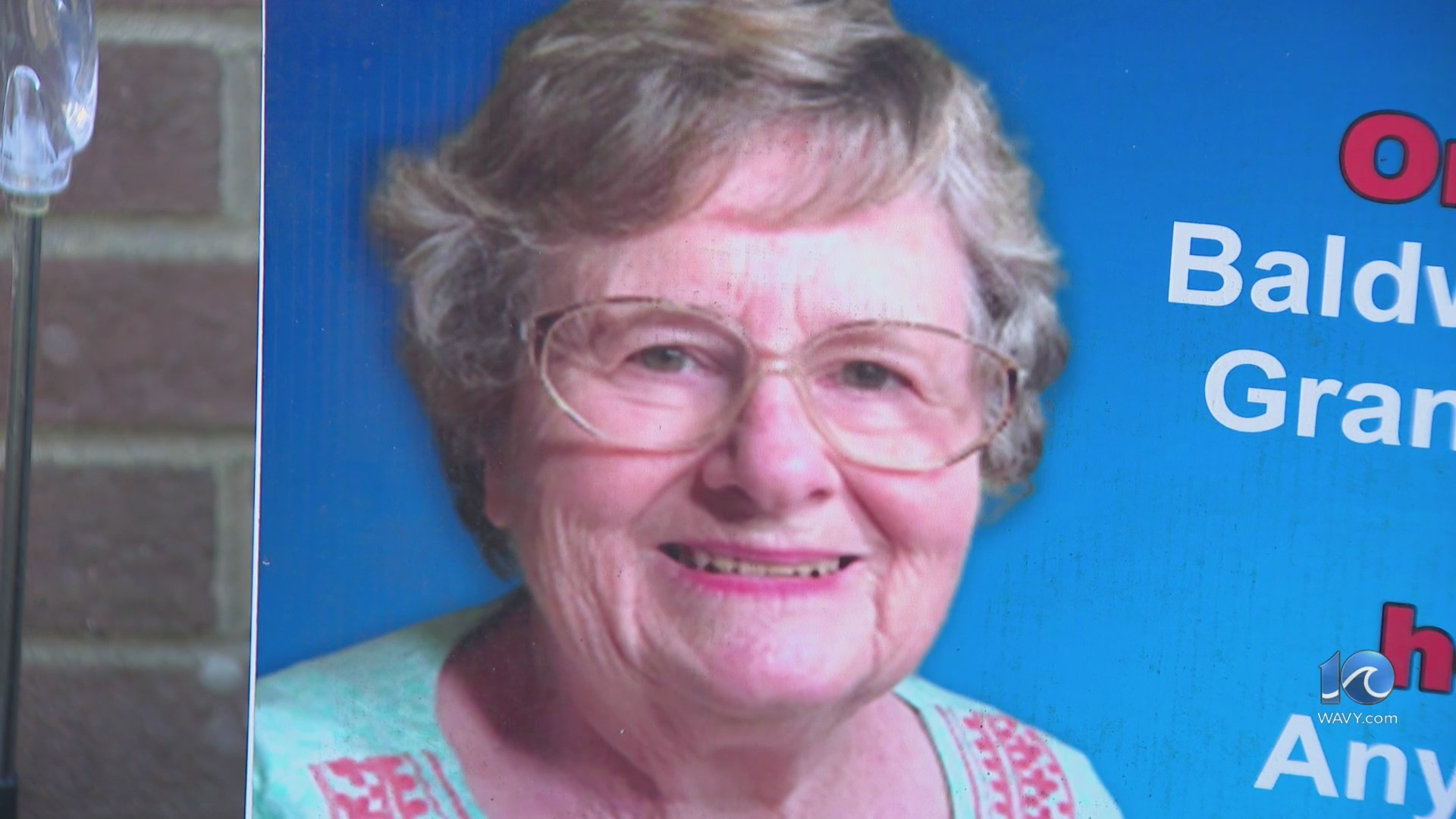LONDON (AP) — Getty Images dropped copyright infringement allegations from its lawsuit against artificial intelligence company Stability AI as closing arguments began Wednesday in the landmark case at Britain’s High Court.
Seattle-based Getty’s decision to abandon the copyright claim removes a key part of its lawsuit against Stability AI, which owns a popular AI image-making tool called Stable Diffusion. The two have been facing off in a widely watched court case that could have implications for the creative and technology industries.
Tech companies have been training their AI systems on vast troves of writings and images available online. Getty was among the first to challenge those practices with copyright infringement lawsuits in the United States and the United Kingdom in early 2023.
Getty’s trial evidence sought to show the painstaking creative work of professional photographers who made the images found in Getty’s collection, from a Caribbean beach scene to celebrity shots of actor Donald Glover at an awards show and Kurt Cobain smoking a cigarette. It juxtaposed those real photographs with Stability’s AI-generated outputs.
But it was a hard case to make in the U.K., in part because of a technicality. Stability, though based in London, did its AI training elsewhere on computers run by U.S. tech giant Amazon.
“It was always anticipated to be challenging to prove that connection to the U.K. because we know that most of the training happened in the U.S.,” said AI legal expert Alex Shandro, who observed the trial for the law firm A&O Shearman.
Getty’s abandoning of the key infringement claim in its U.K. case marks the second legal setback this week for creative industries attempting to challenge the generative AI industry’s business practices.
In the U.S., a federal judge in California found that San Francisco-based Anthropic didn’t break the law for training its chatbot Claude on millions of copyrighted books, but the company will still face a trial for taking those books from pirate websites instead of buying them.
In its U.K. lawsuit, Getty alleged that Stability’s use of its images infringed its intellectual property rights, including copyright, trademark and database rights.
However, Getty’s move indicates that the company didn’t think its copyright allegations would succeed.
After witness and expert testimony, Getty made the “pragmatic decision to pursue only the claims for trade mark infringement, passing off and secondary infringement of copyright,” according to a written copy of its closing arguments.
Getty continues to accuse Stability of infringing its trademark because its AI model was trained on images that included Getty’s watermarks, which were sometimes reproduced by the image generator.
Getty also alleges that Stability indirectly infringed its copyright because even if Stability’s AI models were trained outside of Britain, it still faces local laws if the models produced images in the country.
Shandro said removing that part of its U.K. complaint might also be a strategic decision by Getty to focus on a similar copyright claim that’s still pending in a U.S. court.
London-based Stability said it welcomed Getty’s move.
“We are pleased to see Getty’s decision to drop multiple claims after the conclusion of testimony,” the company said in a statement. “We are grateful for the time and effort the U.K. court has put forth to address the important matters in this case. We look forward to the court’s final judgment.”
Closing arguments are expected to last until the end of the week. A written decision from the judge is expected at a later date.
How the judge addresses the remaining claims could be significant because they go to the heart of how the U.K. handles the distribution of AI tools that might have been lawfully trained in the U.S., said Nina O’Sullivan, a partner at British law firm Mishcon de Reya.
——
AP Technology Writer Matt O’Brien contributed to this report from Providence, Rhode Island.












